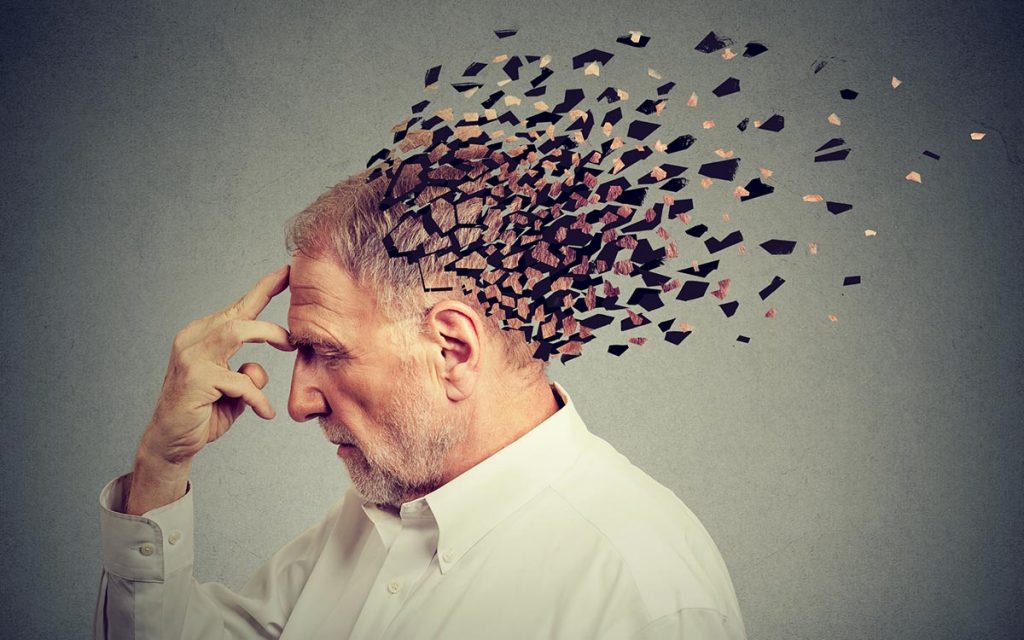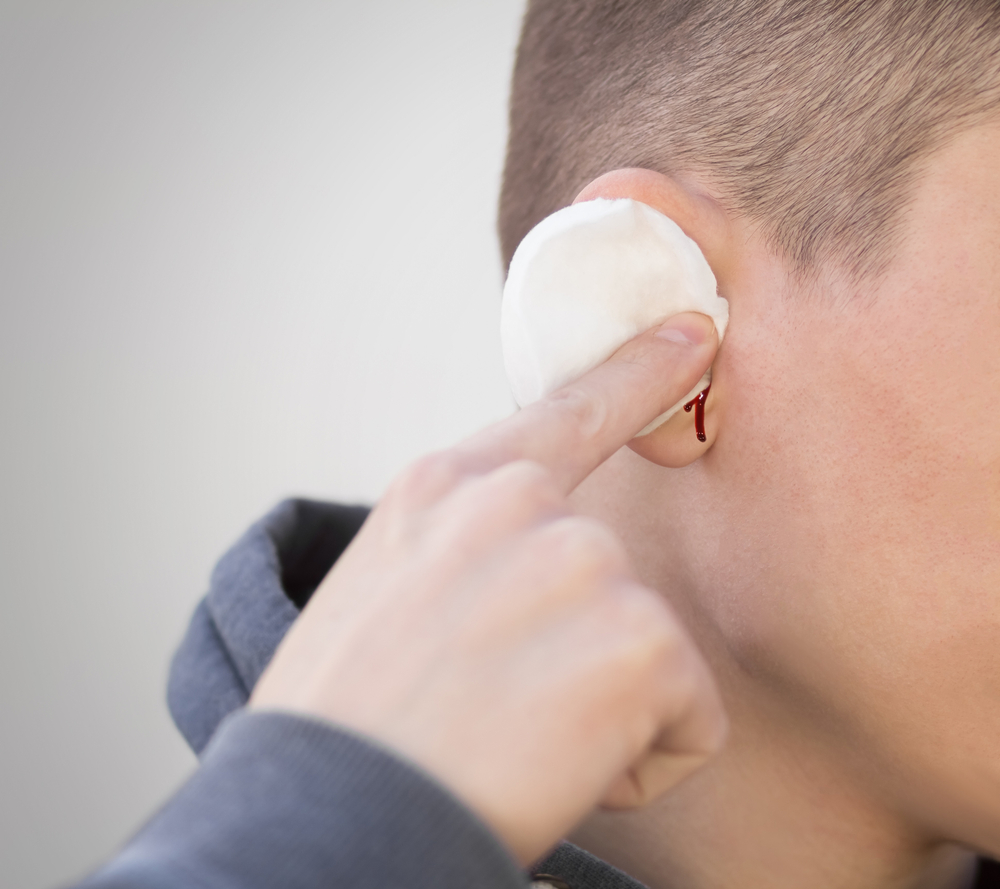Hearing loss is generally accepted as just another part of the aging process: as we get older, we start to hear things a little less clearly. Maybe we start turning the volume up on the TV or keep asking our grandkids to speak up when they’re talking to us, or maybe…we start…where was I going with this…oh, yes. Maybe we start forgetting things?
Memory loss is also often considered a normal part of aging as dementia and Alzheimer’s are much more prevalent in the senior citizen population than the general population at large. But what if the two were somehow connected? And, better yet, what if there was a way to treat hearing loss and also preserve your memories and mental health?
Hearing loss and cognitive decline
Most people do not associate hearing loss with cognitive decline and dementia. However, the link is very clear if you look in the right places: studies show that there is a significant risk of developing Alzheimer’s disease and other dementia-like conditions if you also suffer from hearing loss – even at fairly low levels of hearing impairment.
Mental health problems such as anxiety and depression are also fairly prevalent in people who suffer from hearing loss. The key here is that hearing loss, mental health problems, and cognitive decline all affect our ability to socialize.
Why does hearing loss affect cognitive decline?
While there is no concrete finding or conclusive proof that hearing loss causes cognitive decline and mental health problems, there is some connection and several clues that experts are looking at. They have pinpointed two main scenarios that they believe lead to problems: the inability to socialize and your brain working overtime.
Many studies show that loneliness brings about depression and anxiety. And when people suffer from hearing loss, they’re less likely to socialize with others. Many people find it’s too difficult to carry on conversations or can’t hear well enough to enjoy things like the movie theater. These actions lead down a path of isolation, which can lead to mental health problems.
Additionally, researchers have found that the brain often has to work overtime to make up for the fact that the ears don’t hear as well as they should. The part of the brain that’s responsible for understanding sounds, such as voices in a conversation, requires more help from other parts of the brain – namely, the part of the brain that keeps our memories intact. This overtaxes the brain and causes cognitive decline to set in much faster than if the brain could process sounds normally.
How to stop cognitive decline with hearing aids
Hearing aids are our first line of defense against cognitive decline, mental health problems, and dementia. Studies show that patients improved their cognitive functions and were at a lower risk for developing dementia when they used hearing aids to combat their hearing loss.
If more people wore their hearing aids, we may see fewer cases of mental health problems and cognitive decline. Between 15% and 30% of people who need hearing aids actually use them, which accounts for between 4.5 million and 9 million people. The World Health Organization estimates that there are nearly 50 million people who suffer from some form of dementia. If hearing aids can reduce that number by even just a couple of million people, the quality of life for many individuals and families will improve exponentially.
Are you ready to start hearing better – and remembering things without any problems? Contact a hearing specialist near you and schedule a consultation to find out if hearing aids are right for you and to get on the path to better mental health.



